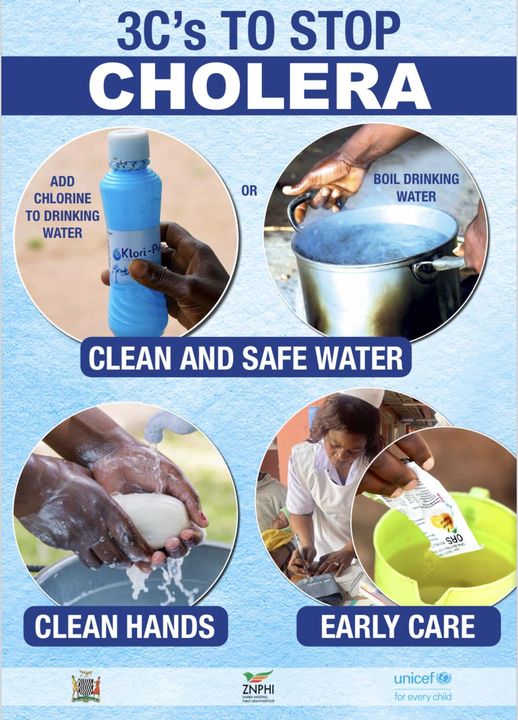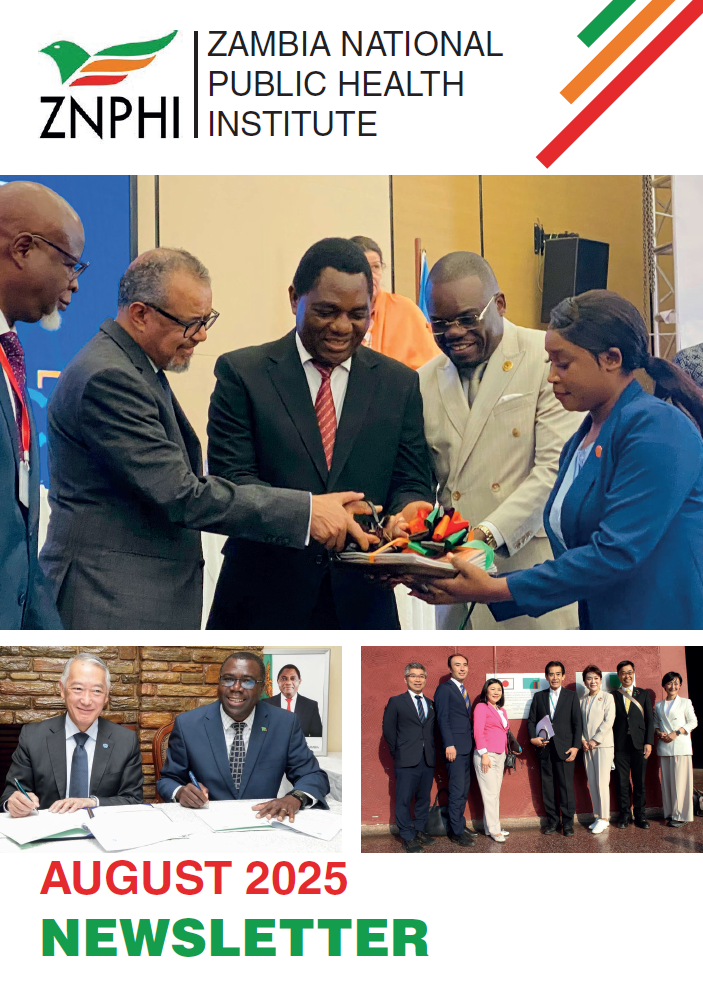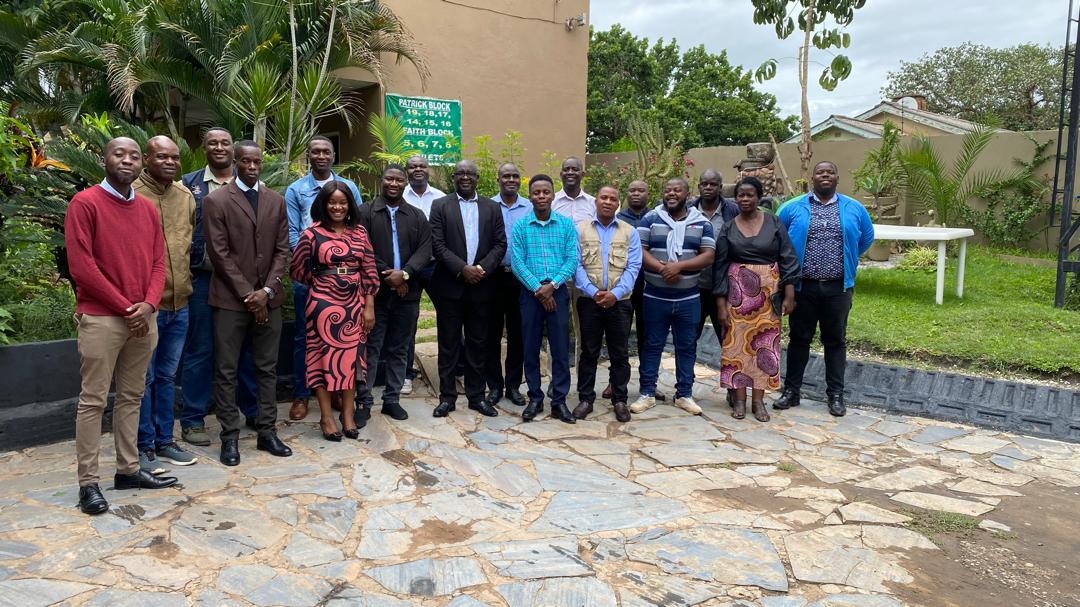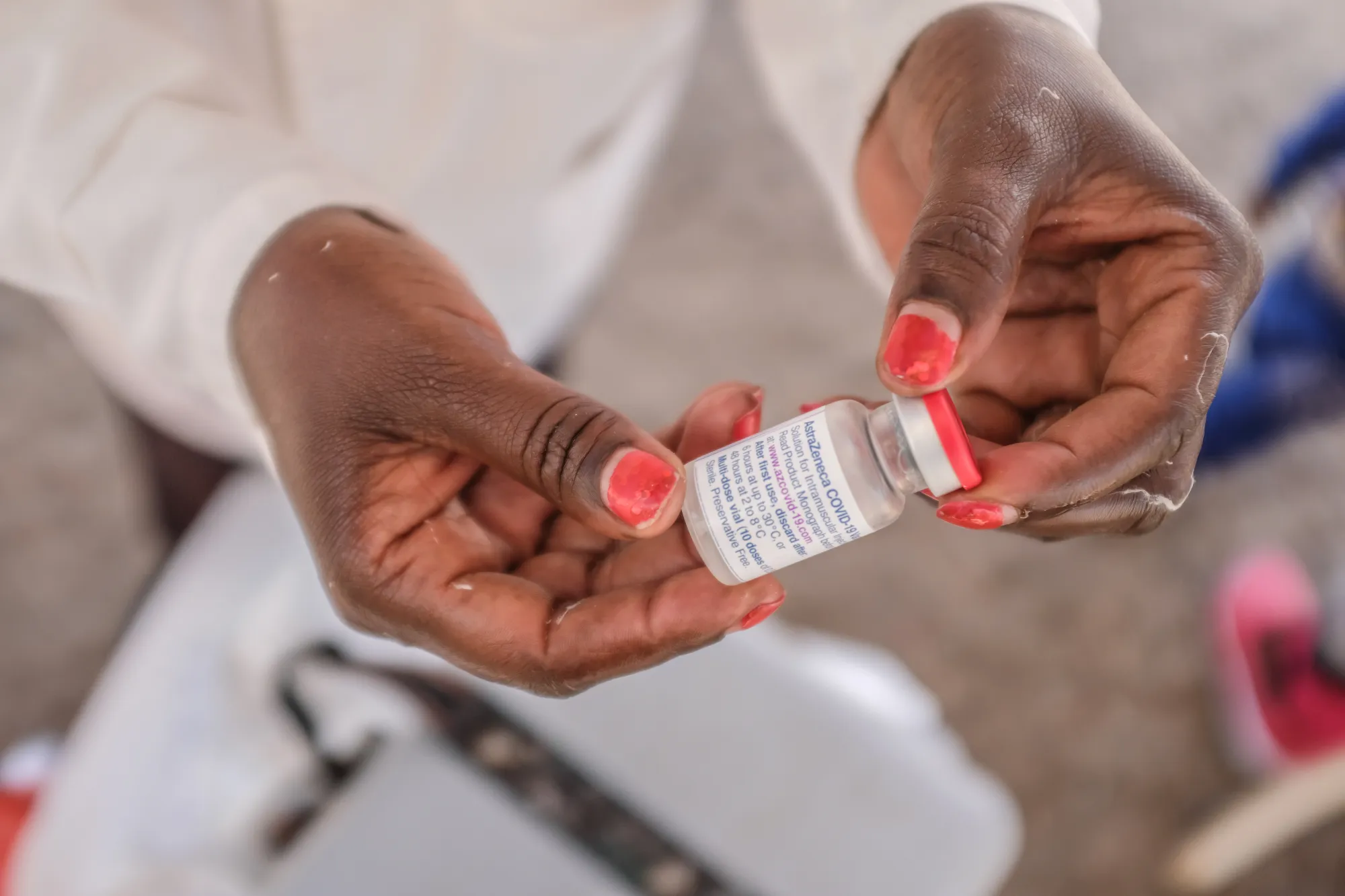As your institute mandated to spearhead public health security, we wish to remind the Zambian public that it is time to enhance the fight against cholera towards its elimination. The fight against cholera requires a multifaceted approach that encompasses prevention, detection, treatment, and control measures. Key to this journey is everyone taking up their responsibility, hence the emphasis on multisectoral approaches. The fight requires all to throw targeted and strong punches. Indeed, the fight against cholera is an ongoing battle that requires sustained efforts from governments, private sector organizations, researchers, academics, communities, and individuals worldwide.
Cholera is an ancient disease associated with lack of access to safe drinking water. Failure to provide safe water is nearly always associated with poor sanitation. These factors are really two sides of the same coin and characteristic of “under development”. Unfortunately, our current context in Zambia presents these faces everywhere one looks, especially the urban areas – without exception. Urbanization in our country, and indeed the wider developing world carries with it large populations typically living in high-density unplanned or inadequately planned areas where social services are grossly lacking. The result is always the same: poor housing which is unfit for habitation, lack of safe water supply, poorly managed waste, high population density and often the label “cholera hot spot”.
The most affected communities on the other hand, somehow seem unable to understand that their living conditions predispose them to many public health dangers, among which cholera is just one. Despite community engagement activities where health education is applied, the adoption of the social and environmental public health measures remains a huge gap. The wanton behaviour generally oblivious to the reality that basic hygiene is the beginning of all personal, and indeed public health. Common beliefs which result in people dying at home are reminiscent of ancient history.
In the 1840s, one of the prominent health theories of the time – the Miasma Theory – suggested that bad smells and bad air, especially at night, led to people contracting diseases like cholera and the Black Death. It is really disturbing that in 2024, affected people of Zambia would attribute cholera in their homes as being due to “Chimpepo” (“bad air”).
The reactive approach of bombardment of public places and water sources with intense chlorination, temporary supply of “imported” water by bowsers, forced burying of shallow wells, and in some cases a cholera vaccine is not a sustainable strategy for public health.
The Zambia National Public Health Institute (ZNPHI) – your disease intelligence wing – is deeply concerned by the current drop in guard and return to business and politics as usual. The Call by His Excellency the President of the Republic of Zambia Mr Hakainde Hichilema, who is also the Global and SADC Champion for cholera elimination, to transition into medium- and long-term actions requires all Zambians to rally behind, get to work and sustain the cholera fight.

The real fight against cholera must be staged NOW. This requires consideration by all line Ministries and stakeholders who showed their contributions on camera to get into the serious work of addressing underlying factors that predispose communities to cholera. What is needed now is work on sustainable provision of safe water and meaningful sanitation in all these communities. In the “selfish interest” of public health, the ZNPHI here advocates that the Constituency Development Fund (CDF) be tweaked to largely address water and sanitation as a primary target. For what good will it be to construct buildings when there is no safe water to drink or a sanitary place to manage human excrement?
We must also put a stop to the rampant so-called residential development activities which hoodwink the public to own small pieces of land for housing without a thought to where the water will come from, and much less where the sewer will go. An end to these actions requires ONLY the will and stamina to stop what has not yet been done and will cost no money!
The tough work then must be how to deal with the already existing high-risk communities in unplanned peri-urban areas and fishing camps across the country.
The ZNPHI calls on all stakeholders and reminds that a more deliberate effort in significantly moving the agenda on cholera control and elimination must be done at this time acknowledging the support rendered so far. As a country, and individually, we need to make up our minds and work towards preventing cholera NOW! If we do not, we must as well be preparing to again open Heroes Stadium, not for football matches, but for cholera case management!
The control and eventual elimination of cholera requires a coordinated approach focused on prevention through water, sanitation, and hygiene (wash) interventions; vaccination campaigns; continuous surveillance and early detection; treatment and case management; health education and community engagement towards social behavioural change; strengthened coordination and collaboration. Addressing the underlying social determinants and vulnerability factors; and supporting research initiatives for the development of new tools, technologies, and strategies for cholera prevention, diagnosis, and treatment.
A clarion call is here made publicly that unless serious attention is given to these matters, we risk shutting down the country and economy because there will again be so much cholera – it’s only a matter of time.
Sincerely,
Prof. Roma Chilengi
Director General/Health Advisor to the Republican President








